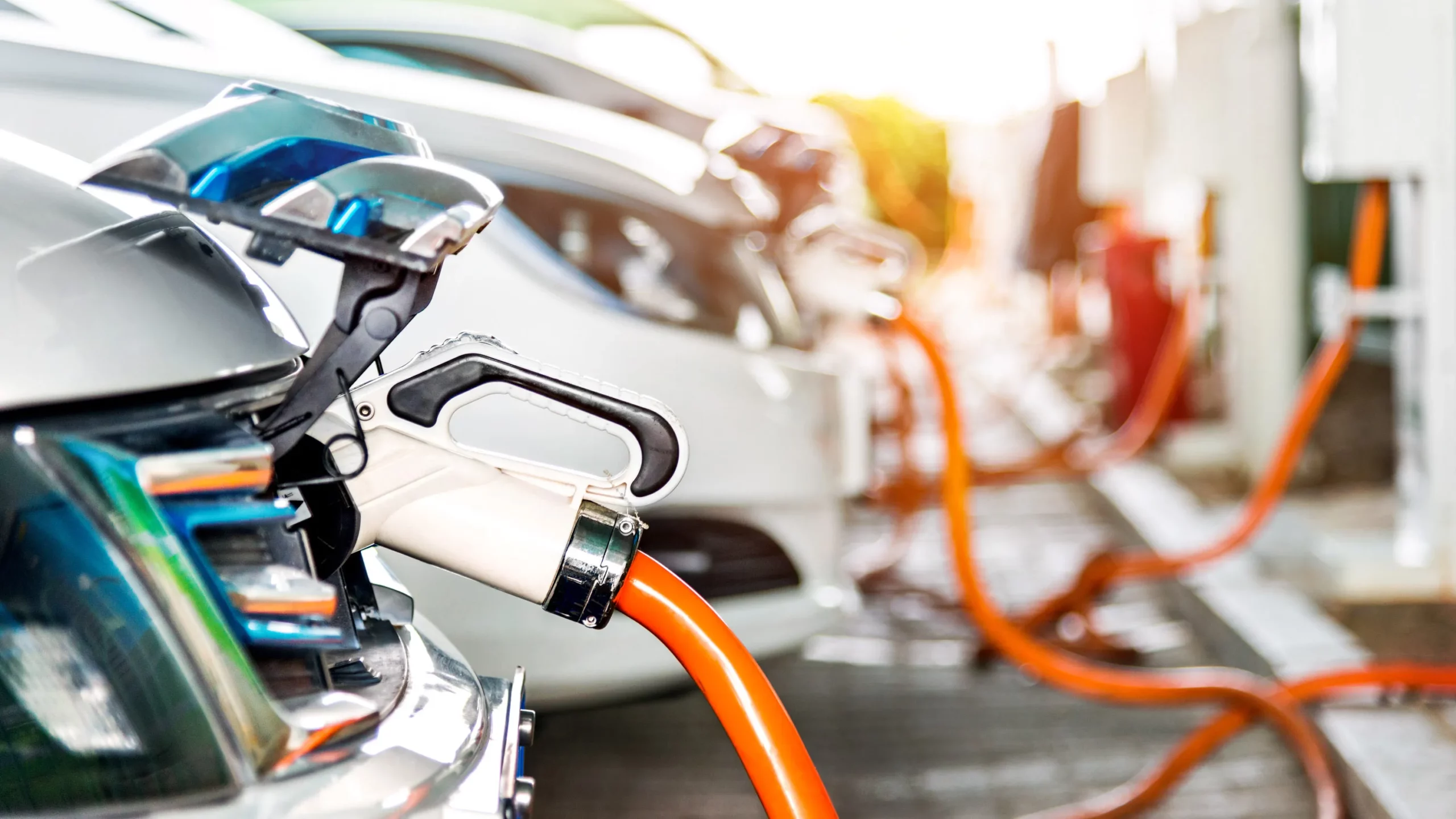
In the race to make electric vehicles (EVs) more popular, one of the biggest hurdles is their high cost compared to traditional cars that run on gasoline. Coreshell, a company specializing in battery technology, has made an exciting discovery that could help solve this problem. They’ve developed a new way to make batteries that could make EVs cheaper without making them less effective in terms of how far they can go on a single charge.
How Is Coreshell Making EVs More Affordable?
The key to Coreshell’s innovation is changing what’s inside the battery. Batteries have a part called an anode (the negative side), and what Coreshell has done is find a cheaper and more efficient material to use for this part. Traditionally, anodes are made from graphite, but Coreshell is using silicon, which can store more energy and, importantly, is less expensive.
However, there’s a challenge with using silicon: it tends to expand a lot when it’s charged, which can damage the battery over time. Coreshell’s breakthrough is a special coating that makes the silicon flexible enough to handle this expansion without breaking. This means batteries can last longer and perform better, even though they’re cheaper to make.
This discovery is not just good for saving money; it’s also important for reducing reliance on certain materials that are mostly found in China. By using silicon (which the U.S. has plenty of) instead of graphite, Coreshell is helping to make the battery industry less dependent on other countries. This is a big deal because there are new laws in the U.S. that give tax credits to EVs if they use materials from the U.S. or its trading partners.
Reducing Dependency and Enhancing Sustainability
Coreshell’s first big project is to pair their new silicon anode with a type of battery material called lithium-iron-phosphate (LFP) for the cathode (the positive side). LFP is cheaper and safer than other materials used in batteries but doesn’t store as much energy. Coreshell believes their silicon anodes can make LFP batteries just as good, if not better, than the more expensive options.
The company is starting with smaller vehicles like e-bikes and electric scooters but plans to move up to cars. They’ve already teamed up with Meyers Manx, a company known for its iconic dune buggies, to put their batteries into action. Looking ahead, Coreshell aims to have its technology in cars by the end of the decade, competing with other companies working on similar improvements.
By making batteries cheaper and more efficient, Coreshell is opening the door to more affordable electric vehicles. This could lead to more people choosing EVs over traditional cars, which is a big step forward in making transportation more environmentally friendly.
Related News:
Featured Image courtesy of baona via Getty Images/iStockphoto
